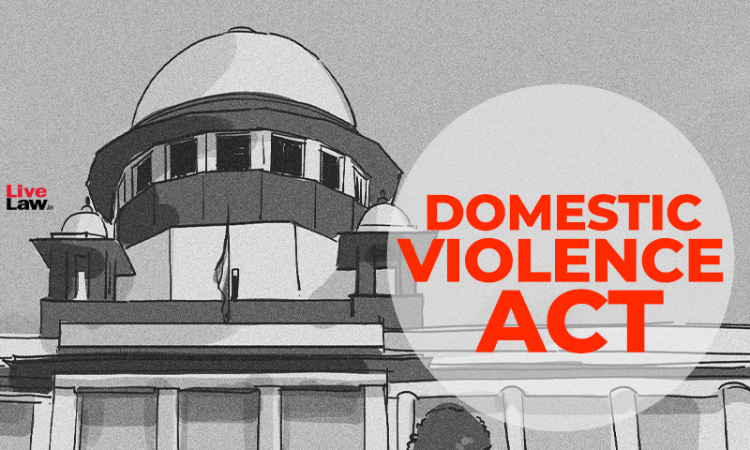Anganwadi & ASHA Workers Can Be Inducted As Protection Assistants Under Domestic Violence Act, Suggests Supreme Court
Sohini Chowdhury
26 April 2022 9:44 PM IST

Next Story
26 April 2022 9:44 PM IST
While hearing a plea with respect to appointment of Protection Officers (POs) under the Protection of Women from Domestic Violence Act 2005 across the country, the Supreme Court, on Monday, noted it is not sufficient to only appoint POs, but to also provide them with assistance. It observed that in this regard, National Legal Services Authority (NALSA) is taking steps to appoint...
